I'm a Dietitian and These Are 7 Foods You Should Never Eat
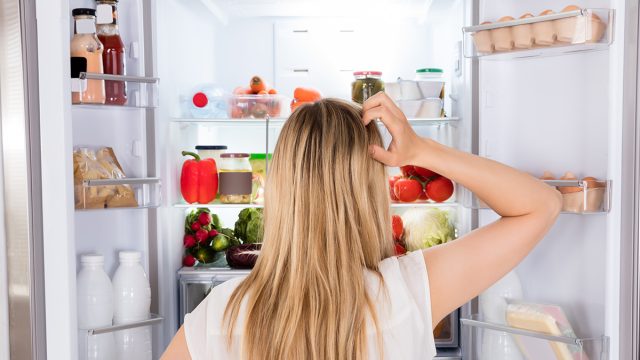
As a Registered Dietitian Nutritionist and freelance nutrition writer, I love food—so I never say never when it comes to foods to avoid. However, with more than eight year's experience in nutrition and dietetics, and as a fan of traditional Mexican and Salvadoran cooking, I can't help but value nutrient-dense, real foods over the fake stuff that can lead to weight gain and health issues. So when Body Network asked me to share "7 foods you should never eat," I had no trouble coming up with the following list. Avoid these for a healthier, happier life.
Processed Foods
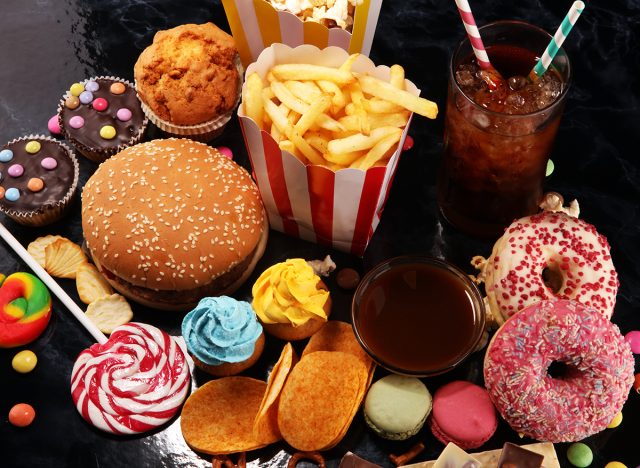
Processed foods are foods that have been modified in some way, this can be through prepping and freezing, canning, and drying. There are, however other ways of processing foods that are not as natural, like the addition of flavorings, dyes, preservatives, and addition of vitamins and minerals. These types of foods are usually higher in calories but lower in nutrient value.
Related: 5 Habits from Fitness Trainer Krissy Cela that Could Change Your Life
Refined Oils
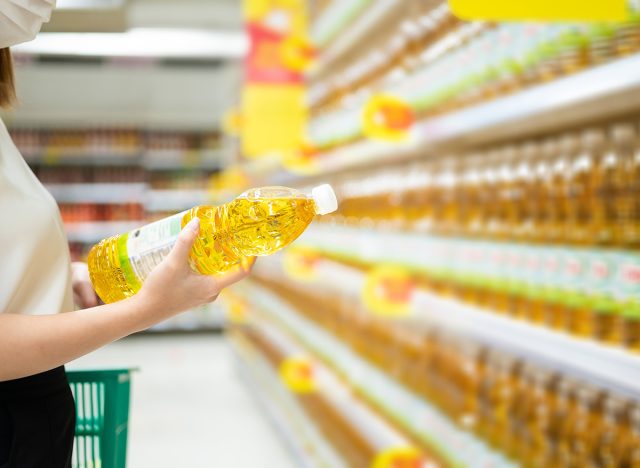
There is a large variety of cooking oils, all refined in some way. Oils are extracted from seeds, nuts, legumes, grains, and olives. These oils are extracted and refined either with chemicals or in some mechanical way.
Hydrogenated Fats
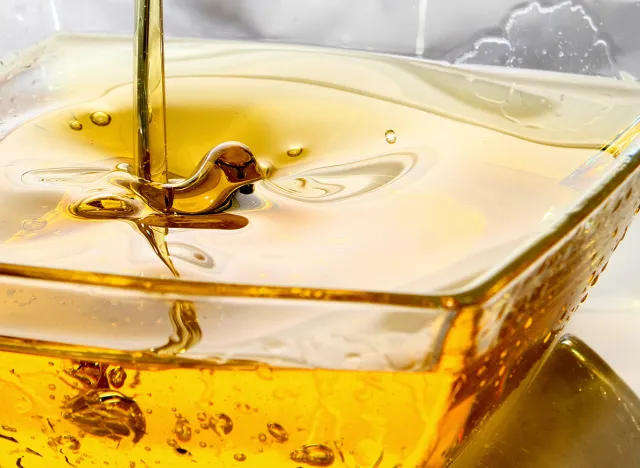
These are liquid oils that are changed by adding a hydrogen molecule to make it into saturated fat, making a liquid fat into a solid fat. This aims to make a healthier oil spreadable or easily used for cooking. However, in this process of making solid fat from vegetable oil, trans fats are made, which have been shown to lead to cardiovascular health problems.
High Fructose Corn Syrup
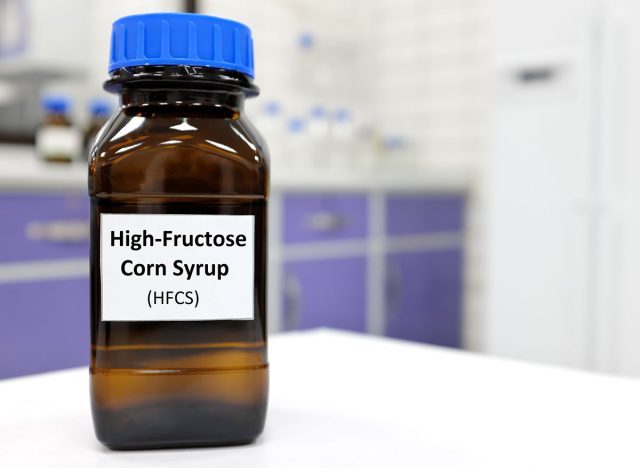
A cheaper way to sweeten packaged and processed foods, high-fructose corn syrup is a sweetener developed from the processing of corn starch. The Food and Drug Administration of the United States does not have proof that it is less safe than honey. However, when added to everyday foods and consumed frequently, the amount of sugar consumed daily can be so excessive that it can contribute to obesity.
Related: 10-Minute Full Body HIIT Exercise That Will Burn Fat Fast
Fast Food

Although fast food is typically convenient for many busy people and families, many of the foods are highly processed with preservatives, dyes, and flavorings, high in fat and carbohydrates with very little nutrient density.
Foods With MSG
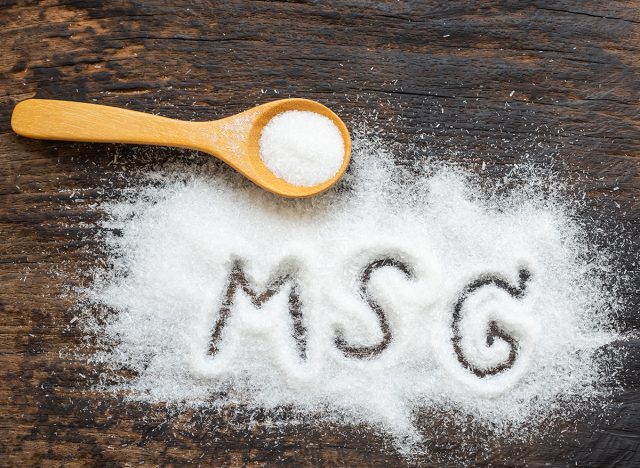
Monosodium Glutamate is a salt that when combined with an aroma, is used in foods to increase the savory flavors. MSG is generally recognized as safe to eat and very little evidence that MSG can cause health problems. However, we still don't know the long-term effects of artificial additives on health.
Related: I Lost 100 Pounds by Eating the Meal I Love
Artificial Sweeteners
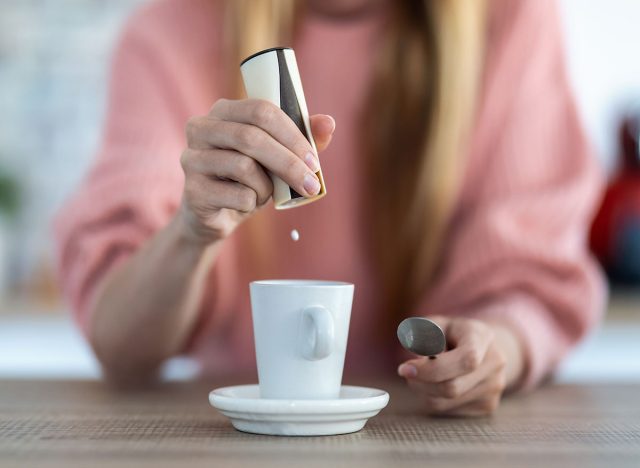
Sweeteners that are manufactured are thousands of times sweeter than sugar, but are used in less quantities to achieve the sweetness. These are now widely found in all types of packaged foods and fast foods. Some studies show that artificial sweeteners can affect gut health and disturb the way the body uses up sugar.
💪🔥Body Booster: Doughnuts may be delicious, but they're not good for you. They're full of sugar and refined flour, which quickly raise your blood sugar. Plus, they're fried in oil, adding unhealthy fats. They lack protein, vitamins, and minerals. So, for a healthier diet, it's best to skip the doughnuts.
Blanca Garcia, RDN, is a Nutrition Specialist at Healthcanal.




